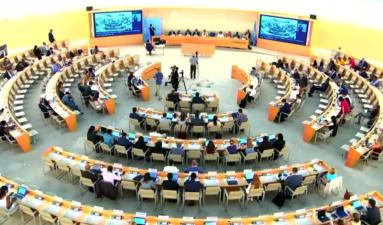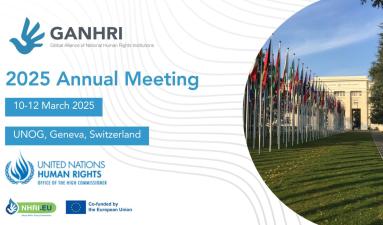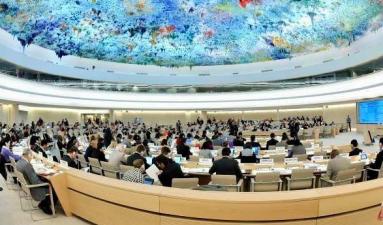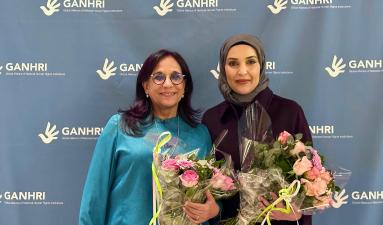The recent study on “COVID-19 and National Human Rights Institutions” highlighted the role of the Moroccan National Human Rights Council (CNDH) during the pandemic.
This study was elaborated by the Global Alliance of National Human Rights Institutions (GANHRI), in collaboration with the Office of the High Commissioner for Human Rights (OHCHR) and the United Nations Development Program (UNDP).
It aims to analyses NHRIs role and actions in the protection and promotion of human rights during the COVID-19 crisis. It also intends to provide an overview of good practices, experiences and lessons learned during this pandemic which was a time of immense challenges for human rights.
To this end, this document emphasized the CNDH and its Regional Commissions calls and actions for the protection and promotion of the rights of several groups including foreigners, women, persons with disabilities and the elderly, as well as the CNDH call related to business and human rights, etc.
In addition to cooperation and sharing good practices with other NHRIs, this study underlined the Moroccan CNDH report that was submitted to the Committee on the Elimination of Discrimination against Women (CEDAW). This study addressed CNDH notes and calls that were submitted to authorities, companies, NHRIs… to protect and promote human rights during this health crisis, etc.
Despite pandemic challenges, this study shows that 75% of NHRIs around the world were able to fulfill their missions in response to COVID-19.
They rapidly adjusted to the pandemic constraints, by adopting an innovative and responsive working method to conduct their missions.
The study indicates that “In these unprecedented circumstances, the pivotal role of National Human Rights Institutions (NHRIs) to promote and protect human rights is perhaps more important than ever before in recent history (…) NHRIs have worked tirelessly during the pandemic to put people first. They have supported the most vulnerable and marginalized. They have received and acted on complaints. They have supported outreach, advocacy, and communications to populations–outlining their rights and their means of redress. They have monitored places of detention. And they have provided vital advice to Governments to help ensure that human rights are respected, protected and fulfilled while combating the pandemic…”
Download the study "COVID-19 and National Human Rights Institutions"









